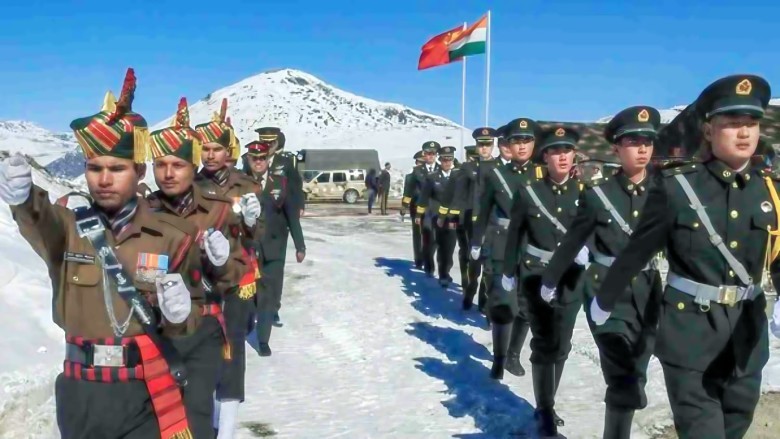
External Affairs Minister S. Jaishankar stated on Sunday that both India and China will require time to finalize the disengagement process along the Line of Actual Control (LAC). He noted that troop withdrawals at Depsang and Demchok represent the initial step toward reducing hostilities, with the next focus being on de-escalation along the border. However, he emphasized that this will only happen once India is confident that China is reciprocating.
Earlier this month, India and China reached an agreement regarding patrolling and disengagement in Depsang and Demchok, marking a significant breakthrough in the four-year standoff in eastern Ladakh. Jaishankar expressed hope that the LAC would return to its 2020 status, acknowledging that implementation will take time. He explained that disengagement and patrolling mean the two armies had previously come very close, but they have now returned to their bases. "We hope the 2020 status is restored," he told news agency PTI.
He added that discussions on border management would follow de-escalation. Relations between India and China soured in June 2020 after 20 Indian soldiers were killed during a Chinese attack in Ladakh's Galwan Valley, with an unspecified number of Chinese troops also losing their lives in the violent clashes. The disengagement process began on October 23, following the recent breakthrough in resolving the stand-off at Depsang and Demchok, the last significant flashpoints in Ladakh.
Last week, Prime Minister Narendra Modi met Chinese President Xi Jinping on the sidelines of the BRICS Summit in Kazan, Russia. During this bilateral meeting, the first since 2019, PM Modi emphasized that maintaining peace along the border should be a top priority for both nations.











